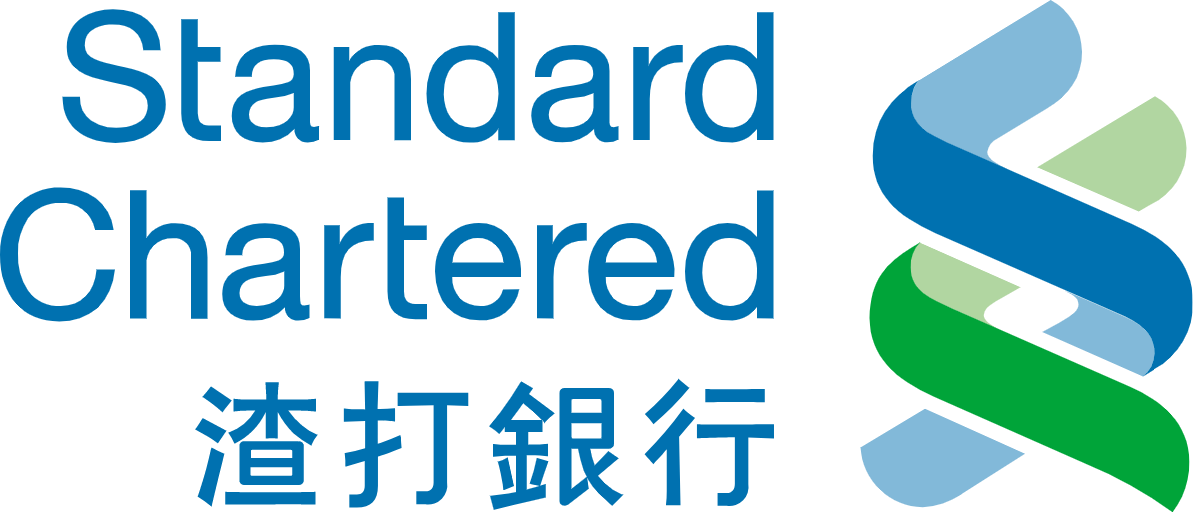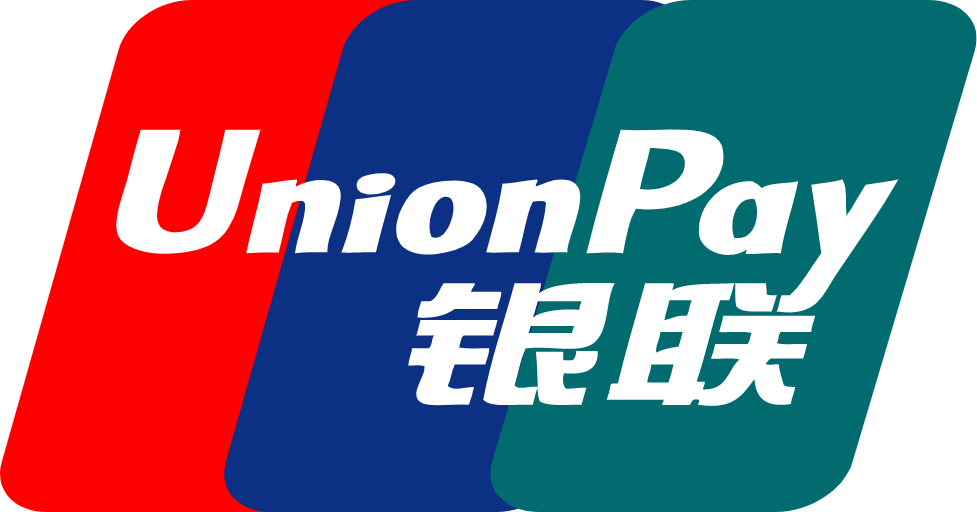When it comes to maintaining the potency of natural compounds like twin Monacolin K, precision is everything. Take fermentation, for example—a process that’s been fine-tuned over decades. Did you know that controlled fermentation at 28–30°C for 15–20 days can increase the yield of twin Monacolin K by up to 12% compared to traditional methods? This isn’t just a random claim. Companies like Japan’s Kaneka Corporation have patented strain-specific techniques to optimize production, ensuring consistency in supplements that millions rely on for cardiovascular health. Without these protocols, up to 30% of active compounds could degrade during processing.
But temperature control isn’t the only hero here. Encapsulation technology plays a massive role. For instance, lipid-based nanoemulsions can protect twin Monacolin K from oxidation, extending its shelf life from 18 months to nearly 3 years. A 2021 study published in the *Journal of Functional Foods* showed that this method preserved 98% of the compound’s bioavailability after 24 months. That’s critical for consumers who might not finish a bottle quickly but still expect the same efficacy months later. Brands like NOW Foods and Life Extension use similar approaches, investing roughly $2–$5 million annually in R&D to refine these systems.
Stability testing is another unsung safeguard. Regulatory bodies like the FDA and EU’s EFSA require at least 12 months of accelerated stability data (40°C/75% relative humidity) to approve health claims. In one case, a U.S. supplement manufacturer avoided a $500,000 recall by identifying a 7% potency drop during testing—fixing the issue before products hit shelves. These tests aren’t optional; they’re baked into the $1.2 trillion global nutraceutical industry’s quality standards.
What about storage? Cold-chain logistics matter more than you’d think. A 2023 report by Grand View Research revealed that improper storage temperatures (above 25°C) can slash twin Monacolin K’s effectiveness by 22% within six months. This explains why companies like Amazon now require third-party supplement sellers to use temperature-controlled warehouses—a policy rolled out after a 2020 incident where 15,000 bottles of a popular cholesterol formula were returned due to “reduced potency.”
But let’s tackle a common question: How do consumers know their supplements actually contain what’s promised? Third-party certifications fill this gap. For example, NSF International’s testing found that 89% of twin Monacolin K products met label claims in 2022, up from 72% in 2018. This leap didn’t happen by accident—it’s tied to stricter Good Manufacturing Practice (GMP) audits and HPLC (High-Performance Liquid Chromatography) testing, which detects even 0.1% deviations in compound ratios.
Finally, let’s talk about packaging innovations. Oxygen-absorbing caps and UV-blocking bottles might seem minor, but they reduce degradation rates by 18–25%, according to a 2022 *Nutraceuticals World* analysis. A European brand, PharmaNord, credits these tweaks for cutting customer complaints by 40% since 2019. It’s proof that preserving twin Monacolin K isn’t just about one step—it’s a symphony of science, regulation, and relentless iteration.
So next time you see that tiny capsule, remember: Behind it lies a world of data, patents, and painstaking checks. From fermentation vats to your medicine cabinet, every detail is engineered to protect what makes this compound uniquely effective. Whether it’s a startup or a legacy brand, the race to deliver quality never slows down—and neither does the innovation keeping these molecules intact.







